Easter is the biggest religious holiday in Greece. The Greek Orthodox Easter is different than the Catholic one and is usually celebrated at a different date. The lent period starts right after Ash Monday and lasts for 40 days, until Holy Saturday.
During the Holy Week people are going to church, usually in the afternoon mass.
On Holly Thursday, the 12 Gospels are being read, while the procession of the Holy Cross takes place around the 6th Gospel. The procession of the Epitaph takes place during the mass of Holy Friday. This ritual is differentiated around Greece. For example in Syros, the Epitaph goes around the entire Ano and Kato Hora. In Samos, the Epitaphs from all the churches are gathered in the central square and being paraded simultaneously. In Corfu, the Epitaph is being paraded together with Ag. Spyridon’s (the island’s patron) relics. Holy Saturday is a festive day. Customs and traditions –again- are different, depending on the region.
It’s certainly interesting to probe among the various Easter customs and celebrations in Greece. However, there are few regions that preserve the most impressive, peculiar (to some) and interesting traditions. Among them are the following:
Corfu: Easter in Corfu is certainly an adventurous and loud one! On 11am on Holy Saturday the people is celebrating the First Resurrection, by throwing hundreds of clay pots from their houses’ windows, making explosive sounds. During the night mass however everything turns truly spiritual, as everybody is lighting candles, leaving them on the windows and creating a magical view.
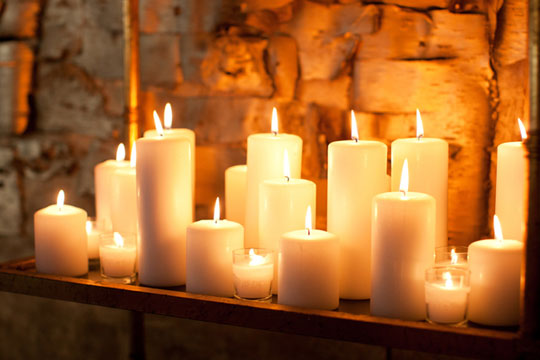
Chios: Chios is another island with a peculiar, loud –and dangerous we might add- tradition. Two opposite located villages are exchanging rockets when the clock strikes midnight on Holy Saturday! It’s a phantasmagorical sight. Millions of rockets are hurled and they explode lighting up the sky. This dangerous tradition has its roots in the Ottoman Era.
Thrace: In the village of Metres in Thrace, the kids are creating the dummy of Judas and they parade it around the houses, asking for tree branches, in order to burn it during the procession of the Epitaph. On Holy Friday, the Epitaph’s procession stops outside a chapel, where the fire is ready. When the priest reads the Gospel, they set the fire and burn the relic. Later on they take a handful of the ash and throw it around the graves.
Paros: The procession of the Epitaph of Marpissa in the island of Paros is particularly interesting, since 15 stops are taking place in different spots. At every stop, a light goes on and kids dressed up like Roman soldiers or Jesus’ students are reenacting scenes from His entrance in Jerusalem, the pray at the Mount of Olives, the Crucifixion and the Resurrection. On midnight, the sky lights up by thousands of fireworks.
Nevertheless, there are many more fascinating traditions. In Patmos, the Gospel is being read in 7 languages and red eggs are distributed to the people. In Arachova, on Easter Sunday 500 persons dressed up in traditional outfits are parading the icon of Ag. Georgios. In Leonidio (Peloponnesus), on Holy Saturday night the sky fills up with hot air balloons. In Rhodes, the kids are going from door to door singing the “Lazarus” song and gathering money and eggs for the priests. In Zakynthos, on Holy Saturday night the priest is liberating hundreds of white pigeons. In Kythnos, on Easter Sunday they set up a massive swing. The swing is used by single boys and girls, dressed up in traditional outfits. When a guy swings a certain girl or vice versa, it’s like a commitment for marriage!
Enjoy your Easter in Greece, experience these unique religious and cultural traditions and hold these memories for a lifetime…

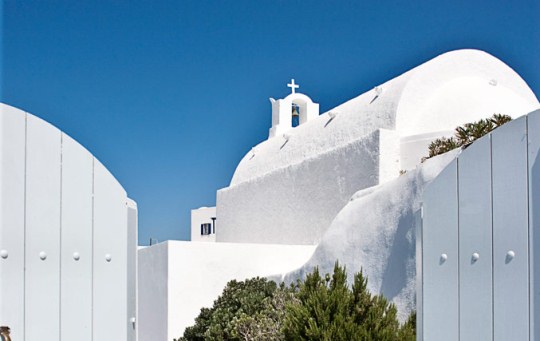
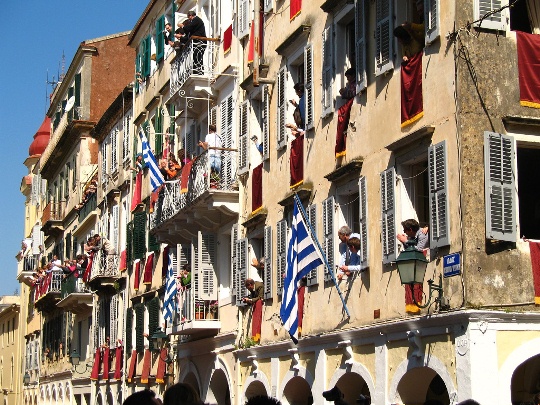

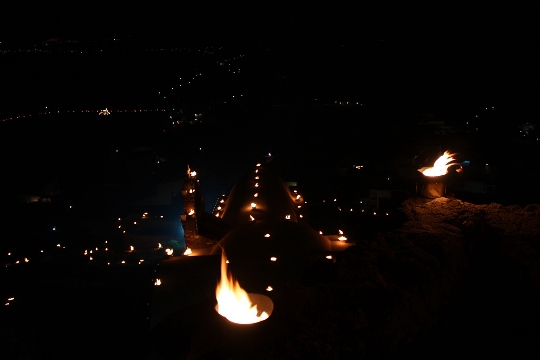
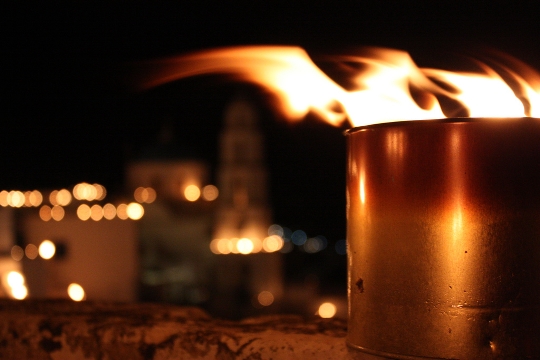

Greece’s culture and there tradition today also constant and very interesting to the visitors. There are many of the festivals that make every day very different and religious to every people, one of them is the biggest Easter that make very happy to their locals .
Greece’s culture & tradition is liked by the peoples…. Its really very nice to read the blog….
If you are planing for a tour visit Jodhpur in India. Its known as the Sun City. It is really very beautiful city. The kingdom of Jodhpur was ruled through the Rathores, who managed much of Marwar in western Rajasthan including Bikaner , the other desert. The Rathore’s belong towards the Suryavansha (solar race) branch from the Kshatriyas, the warrior caste of Hindus.For more info visit at our site at
jodhpurindiaguide.com